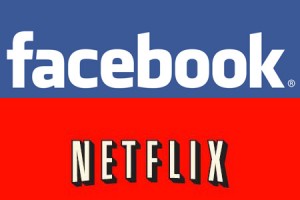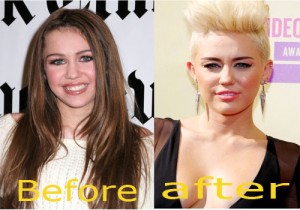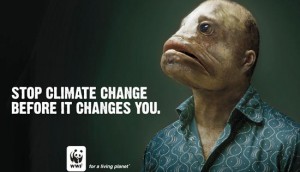Our team worked quite well together over the term. We did start out, as I thought, as not extremely comfortable with one another. As time went on and handed in Part A-C of the assignment we definitely did bond and start to appreciate one another’s talents. I thought I had lucked out with my group since we were, for the most part on the same page with our thoughts, which made decisions in the group a lot easier. Each of the members in the group worked hard, everyone showed up to meetings, doing their part (if not more), and being courteous and conscious of other team members. Moreover, even though we did function well as a team there were setbacks. For example for Part B of the assignment we had a hard time coming up with a demographic and our group had mixed opinions on the matter as well. We ended up doing not too well on the assignment. As a group we sat down after we received our paper, figured out what we did wrong and fixed it for our next part of our assignment. Everyone worked cohesively and for the most part without conflict with one another. Occasionally, there would be arguments about the direction of the case i.e. who is our target market, ideas for the video, the demographic were trying to appeal to, etc. None of the disagreements left the meeting, rather all were resolved and for the most part the group was happy with what was decided upon amongst the group. Our group worked very well together and I believe that the marks we received are reflective of our group’s ability to work well with one another.







